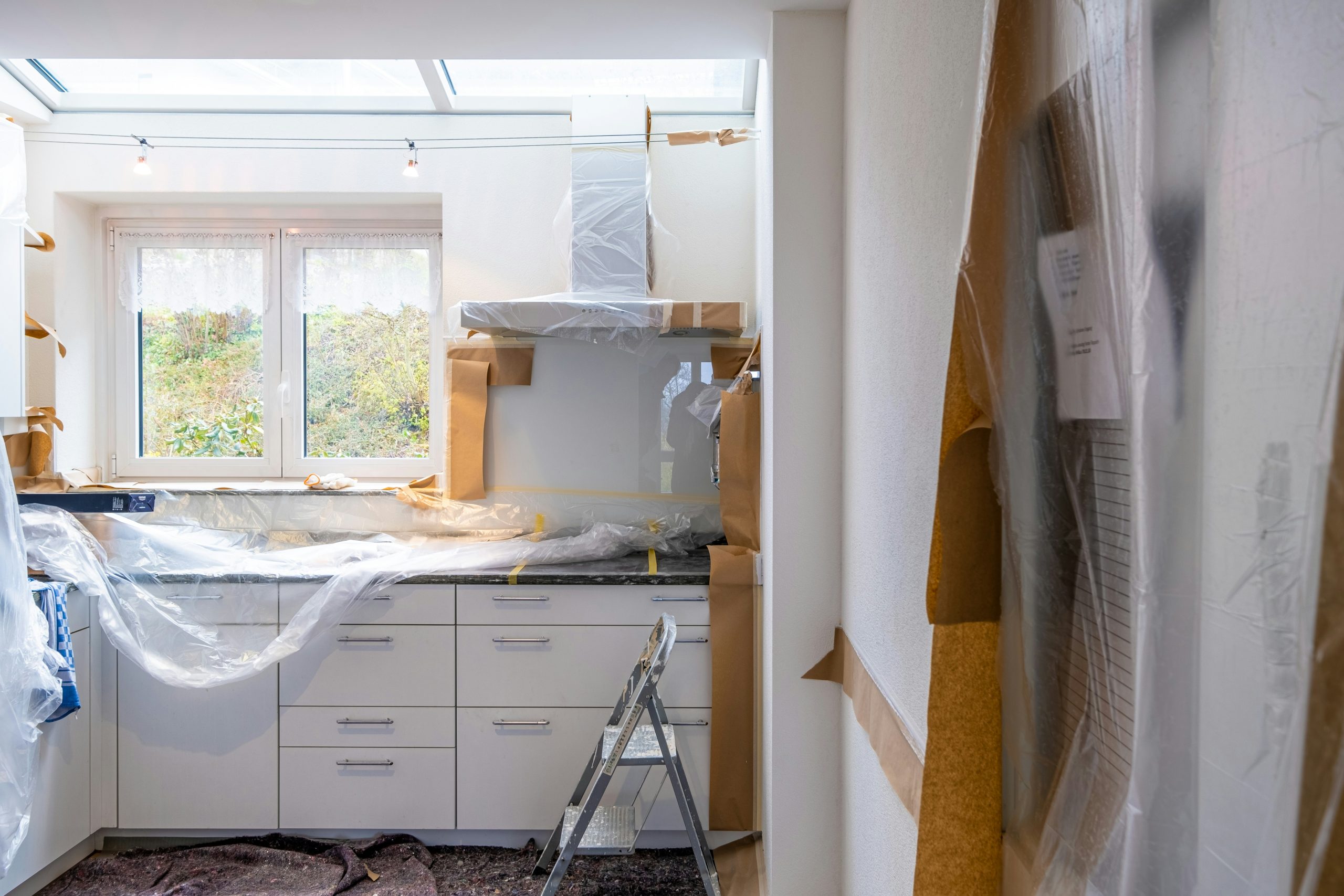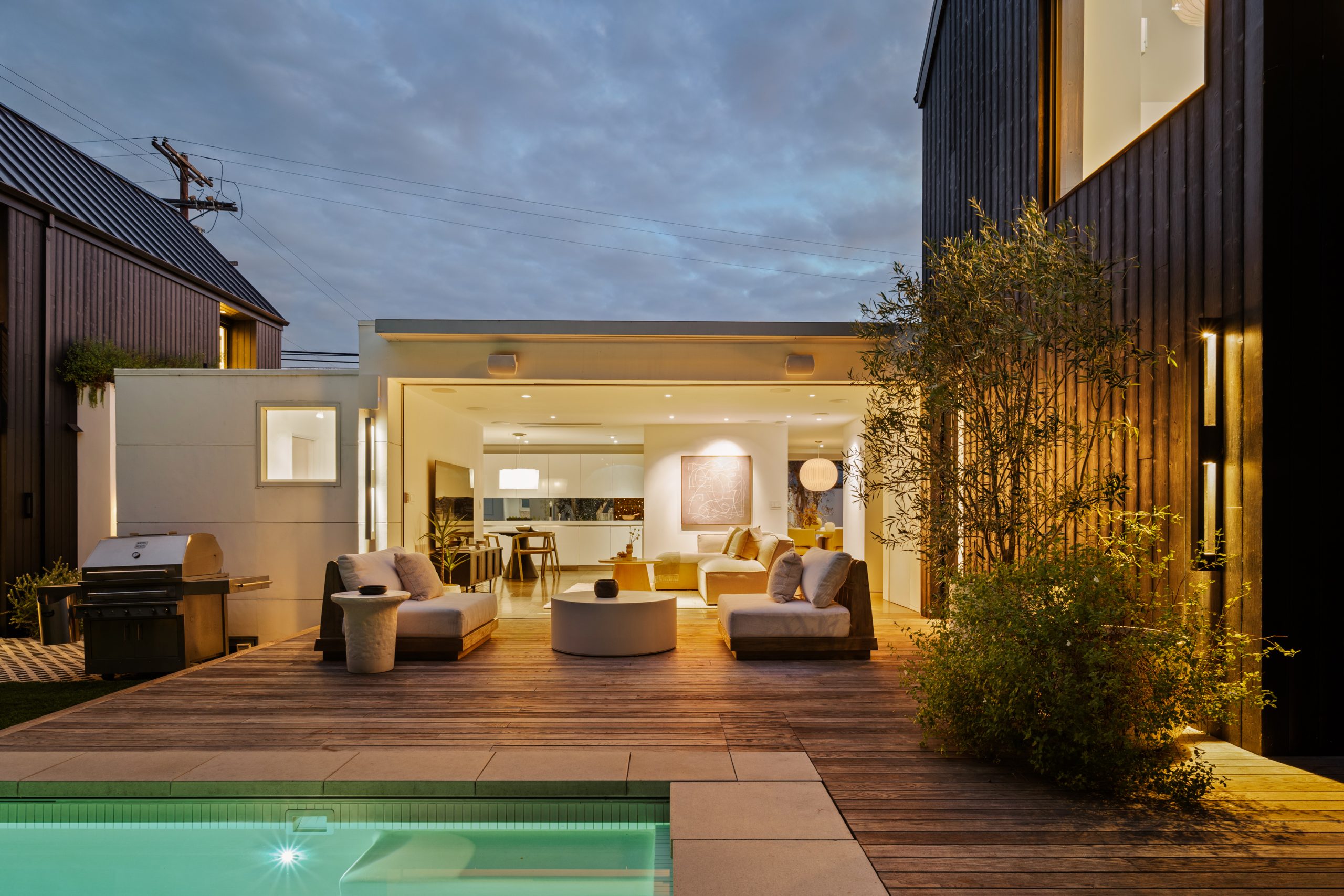Main Content

Should You Add an Addition or Buy a New Home? Here’s How to Decide
Your family is growing. Your needs are changing. Or maybe you're simply craving more space. At some point, every homeowner faces a big question: Should I add on to my current home—or start fresh with a new one?
The answer isn’t always simple, and both options have their pros and cons. If you're wrestling with this decision, here are the key factors to consider before committing to a renovation or calling your real estate agent.
🏡 1. Evaluate Your Current Home’s Potential
Start by asking: Can this home actually become what I need it to be?
- Zoning & Permitting: Can your lot legally accommodate an addition? Will your HOA or city approve the changes?
- Lot Size & Layout: Is there room to expand? Does it make sense to go up or out?
- Structural Limits: Some homes simply weren’t built for second stories or major changes.
📌 If your home has space and zoning flexibility, an addition could be a smart investment. If not, moving might make more sense.
💰 2. Compare the Costs
It’s easy to assume remodeling is cheaper—but that’s not always the case.
| Expense | Home Addition | Buying a New Home |
| Construction | $450-$700/ Sq Ft in LA | Varies by Market |
| Permits | $5k - $15k | Built Into Purchase Price |
| Temporary Housing | Possible | Not Required |
| Closing Costs | N/A | 2-5% of Home Price |
| Moving Costs | N/A | $2k - $10k Depending on Distance |
📌 Rule of thumb: If the renovation would cost more than 30–40% of your home’s current value, it’s worth exploring a move.
📍 3. Location, Location... Stay or Go?
Ask yourself: Do you love your current neighborhood?
- Reasons to Stay: Great schools, short commute, strong community ties, low property taxes
- Reasons to Go: You’ve outgrown the area, traffic is worsening, or you’re far from work/school/lifestyle hubs
📌 If your life is rooted in your current location, adding on could preserve that. But if the neighborhood no longer fits your future, moving gives you a fresh start.
🛠️ 4. Time and Disruption Tolerance
Renovations are exciting—but they’re also disruptive.
- Expect: 6–12 months of construction, permits, dust, and potential delays
- You may need: To move out temporarily, especially if plumbing, electrical, or structural work is involved
📌 If you can’t handle the disruption—or need space immediately—a move may be the faster, more convenient path.
📈 5. Think About Long-Term ROI
Whether you add on or buy, you want to make a smart investment.
- Additions: Can increase your home’s value if done right and aligned with neighborhood norms
- New Home: Can help you “buy up” into appreciating areas or secure more desirable features (e.g. pool, office, bigger yard)
📌 Talk to a real estate professional to understand what your current home is worth—with and without the addition—versus what your money could buy elsewhere.
Final Thoughts
There’s no one-size-fits-all answer—but there is a best decision for you. If your current home has the potential and the location you love, an addition can be a rewarding, personalized upgrade. But if you're craving a change, more space, or less hassle, buying new may offer a better return—and peace of mind.
Need help running the numbers or exploring options? Let’s talk. We’ll help you weigh your choices and make a move—whether it’s across the hall or across town. 🏠💡
Contact us today for a free home consultation or a neighborhood market analysis.

















